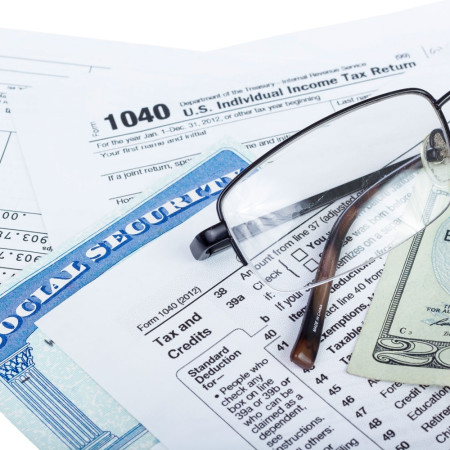Supporters of lower tax rates now think the status quo would be better.
For decades, business groups have advocated for lower corporate tax rates. At least a few times a day I hear the common refrain that “the U.S. has one of the highest corporate tax rates in the world.” This statement isn’t false, but it isn’t exactly true either. While U.S. companies may have high marginal tax rates, the reality is that very few businesses actually pay the 35 percent top corporate rate. Deductions, credits and infamous loopholes mean that U.S. companies pay a much lower effective tax rate (ETR). ETR is calculated by taking the total income taxes due and dividing them by total profits. ETR is what really counts. Other countries may have lower marginal tax rates, but 100 percent of their profits are taxed at that rate.
According to the Congressional Budget Office, U.S. corporations paid 12.1 percent of their profits in income taxes during 2011, making the ETR about one-third of the top marginal rate and far lower than the percentage paid in other parts of the world. ETRs vary by industry since there are thousands of different loopholes negotiated by lobbyists that protect specific industries. Pharmaceutical and biotech companies pay some of the lowest ETRs in the world. This reality has gotten people thinking.
Now that income tax reform is becoming a very serious issue and some significant changes may actually take place, many tax reform advocates are now thinking twice about supporting a leaner, fairer tax system. Dropping the top marginal tax rate to 25 percent from 35 percent while at the same time eliminating loopholes would actually cause the ETR for U.S. companies to double!
